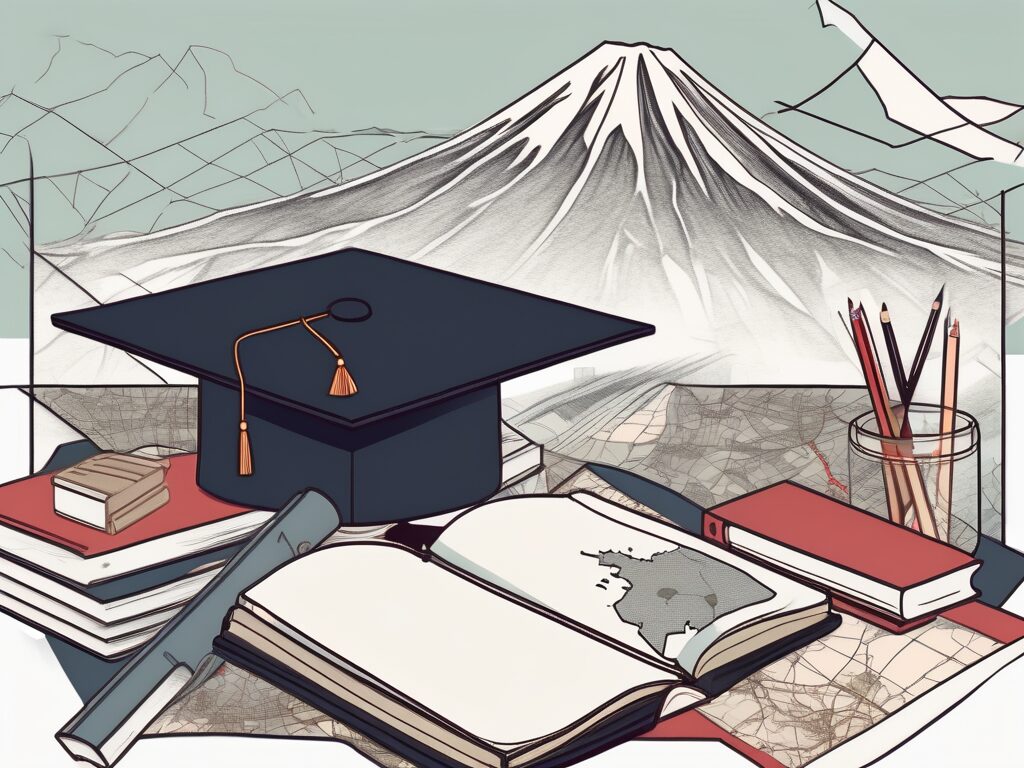Top 5 Higher Education Challenges Japan Must Solve by 2025
Japan, a country renowned for its technological innovations and economic strength, is currently confronting significant challenges within its higher education sector. Despite a longstanding reputation for a rigorous educational framework, Japanese universities and colleges are facing a range of pressing issues. These include declining enrollment figures, insufficient internationalization, outdated pedagogical approaches, and a disconnect between graduate competencies and labor market demands.
1. Declining Enrollment Figures
A critical challenge in Japan’s higher education landscape is the decline in student enrollment. This trend is primarily attributed to the nation’s low birth rate and an aging demographic. As the youth population diminishes, the pool of prospective university applicants is concurrently shrinking.
For comparative context, while the United Kingdom also faces an aging population, its relatively higher birth rate allows British universities to maintain a steady influx of applicants. Conversely, Japanese institutions are experiencing a notable decrease in student numbers, resulting in financial pressures that have led some smaller universities to cease operations.
2. Insufficient Internationalization
Another significant issue is the lack of internationalization within Japanese higher education. In contrast to universities in the United States, the United Kingdom, and Australia, which attract a substantial number of international students, Japanese institutions are lagging. This lack of diversity limits the exchange of ideas and perspectives that enrich the educational experience.
Moreover, Japanese students are not engaging in study abroad programs at rates comparable to their peers in other developed nations. This absence of international exposure restricts their global perspective and diminishes their competitiveness in the international job market.
3. Outdated Pedagogical Approaches
The higher education system in Japan is often criticized for its reliance on outdated teaching methodologies. Many institutions continue to emphasize rote memorization over the cultivation of critical thinking and problem-solving skills. This approach can be likened to utilizing obsolete technology in a rapidly advancing digital age.
Additionally, the predominance of lecture-based classes, characterized by minimal interaction between students and faculty, transforms learning into a passive experience. This lack of engagement can impede students’ ability to retain and apply knowledge effectively.
4. Disconnect Between Graduate Skills and Labor Market Needs
There exists a growing discrepancy between the skills possessed by Japanese university graduates and the requirements of the labor market. Employers frequently express concerns that graduates lack the practical skills and real-world experience necessary for immediate workplace effectiveness.
To illustrate, one might consider the analogy of training for a marathon solely through theoretical study, without practical application. While theoretical knowledge is valuable, it is insufficient for success without corresponding practical experience.
5. The Path Forward
Addressing these challenges is imperative for the sustainability of Japan’s higher education system and its broader socio-economic development. A collaborative effort involving government, educational institutions, and society is essential. With strategic initiatives and policy reforms, Japan has the potential to revitalize its higher education landscape, fostering an environment that is robust, inclusive, and aligned with 21st-century demands.
In conclusion, just as athletes must adapt their training strategies to enhance performance, Japan’s higher education system must innovate and evolve to meet contemporary challenges. The journey may be complex, but the potential outcomes—a vibrant, dynamic, and globally competitive educational sector—are invaluable.
Empower Your Teaching Career with IPGCE
As Japan seeks innovative solutions to rejuvenate its higher education system, educators are presented with a unique opportunity to spearhead this transformation. The IPGCE program offers a pathway to enhance qualifications and engage with the global educational landscape. By enrolling in the UK’s premier Teacher Training Course, educators can navigate stringent qualification requirements, accelerate career advancement, connect with an international professional network, and gain insights into global education systems—all while managing existing professional commitments. Do not allow inadequate credentials to hinder your potential. Join the UK’s leading Teacher Training Course today and become an integral part of the solution to Japan’s higher education challenges.

